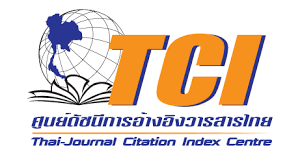Challenges for Thai OTOP Community Enterprises: Experiences from Thailand and Japan, A Comparative Study
Abstract
Abstract
This paper examines the ways Thailand adapted Japan’s OVOP (One Village One Product) scheme to create its OTOP (One Tambon One Product) plan for community economic development. This comparative study of community enterprise experiences in Thailand and Japan on the development, policy, subsidization and business development of small communities finds a variety of factors, such as: (1) the Thai community entrepreneur does not embrace a culture of entrepreneurship in adhering to contractual agreements, while Japanese community entrepreneurs adhere to their contracts; (2) OTOP entrepreneurs make products that don’t use local capital, natural resources or local culture, but instead copy products, while OVOP enterprises focus on uniquely local products; (3) Thai community entrepreneurs don’t distribute products directly to the end-consumer, while OVOP entrepreneurs promote products directly to restaurants or launch them directly to consumers; (4) Thailand maintains an OTOP fund, which has led to non-productive loans, while Japan provides technical guidance and support for promotion and sales; (5) in Japan, local governments subsidize community enterprises with funds from the central government, whereas in Thailand, localities lack OTOP budgets and resources, all of which are held by the central government.
Keywords: community enterprise, community development, One Tambon One Product, One Village One Product

Indexed in


Search